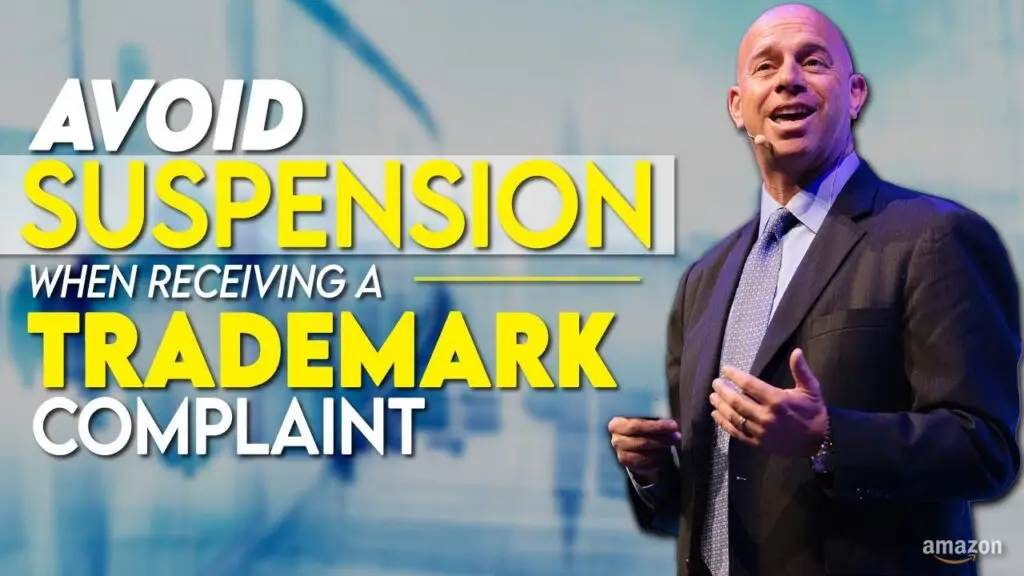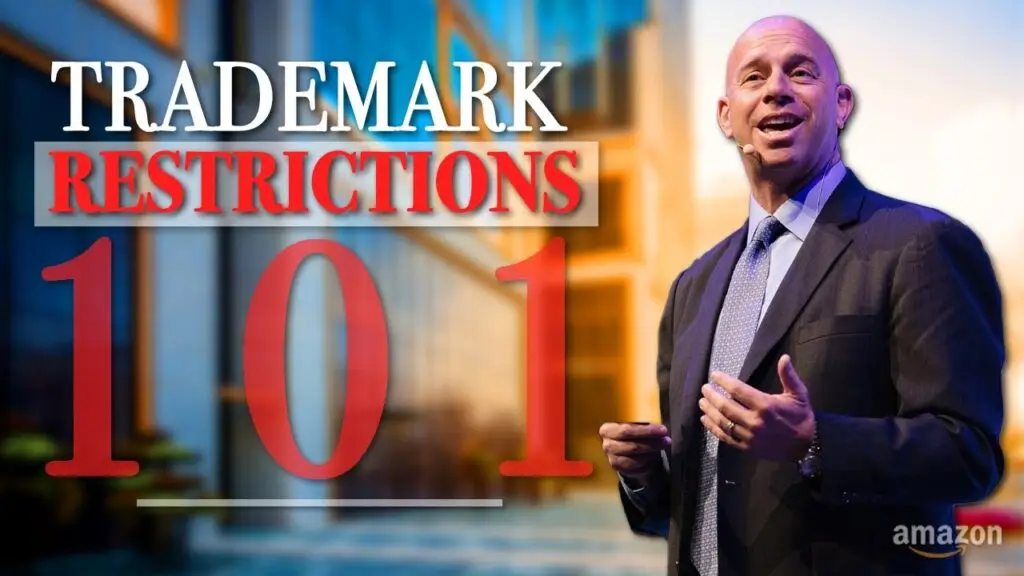Trademark Infringement on Amazon
Amazon strictly enforces trademark policies, and violations can lead to listing removals, account suspensions, or lawsuits. If you’ve received a trademark infringement complaint, our legal team can help you appeal and protect your business.

What is Trademark Infringement on Amazon?
Trademark infringement occurs when a seller uses a brand name, logo, or symbol that could confuse consumers into thinking the product is associated with another brand. Amazon enforces the "likelihood of confusion" rule under U.S. trademark law, meaning:
- Selling branded items without authorization can lead to violations.
- Using similar brand names, logos, or descriptions can trigger complaints.
- Even genuine products may be flagged if listing details aren’t precise.
How to Avoid Amazon Trademark Infringement Claims
To minimize the risk of a trademark complaint, follow these steps:
- Check Listings Before Selling – Ensure you’re authorized to use brand names and trademarks.
- Avoid Misleading Descriptions – Do not use brand terms improperly in product titles or descriptions.
- Maintain Strong Documentation – Keep invoices and authorization letters to prove product authenticity.
- Respond to Complaints Quickly – Address trademark disputes immediately to prevent escalation.


Trademark Complaint on Amazon? We Can Help!
If your Amazon seller account has been suspended or you’ve received a trademark complaint, our legal team focuses on:
- Trademark Infringement Appeals – Crafting a strong Plan of Action (POA) to reinstate listings.
- Brand Protection & Legal Defense – Helping sellers navigate Amazon’s trademark policies.
- Amazon Arbitration & Lawsuits – Defending against wrongful claims and brand disputes.
The 8 factors of the Polaroid test include:
Courts weigh these factors holistically, with emphasis on consumer confusion. The Polaroid test evaluates consumer confusion in trademark cases using eight key factors:
1 Strength of the plaintiff’s mark – More distinctive marks receive stronger protection.
2 Similarity of the marks – Courts assess visual, phonetic, and conceptual resemblance.
3 Proximity of the products – Similar goods in the same market increase the likelihood of confusion.
4 Defendant’s intent – Using a similar mark in bad faith weighs against the defendant.
5 Expansion into the other’s domain – If the senior user is likely to expand, confusion risk rises.
6 Actual consumer confusion – Direct evidence of confusion strengthens the plaintiff’s case.
7 Quality of the junior user’s product – Inferior quality may harm the senior mark’s reputation.
8 Consumer sophistication – More knowledgeable consumers are less likely to be misled.
Why Choose Amazon Sellers Lawyer?
- Experiences Team: Our attorneys focus on Amazon seller account reinstatements.
- Proven Success Rate: Thousands of sellers have regained their accounts with our help.
- Fast & Effective Appeals: Time is money—we work quickly to resolve your suspension.

